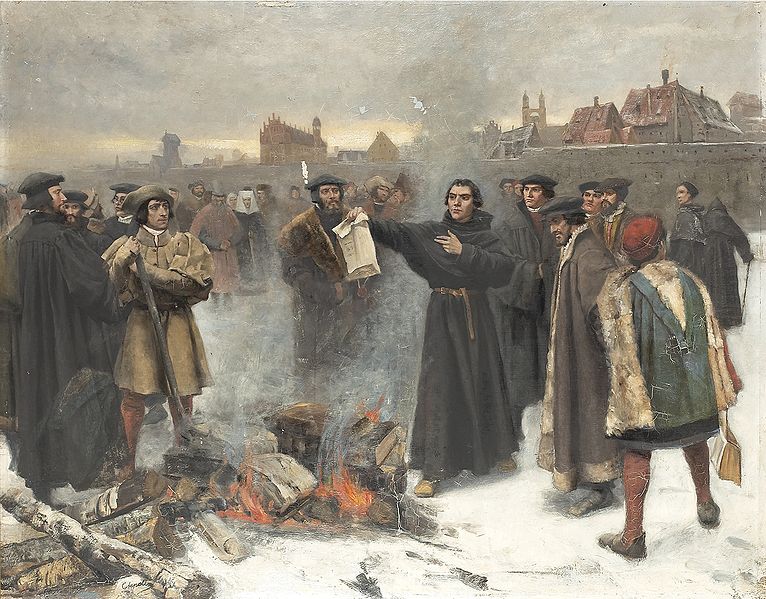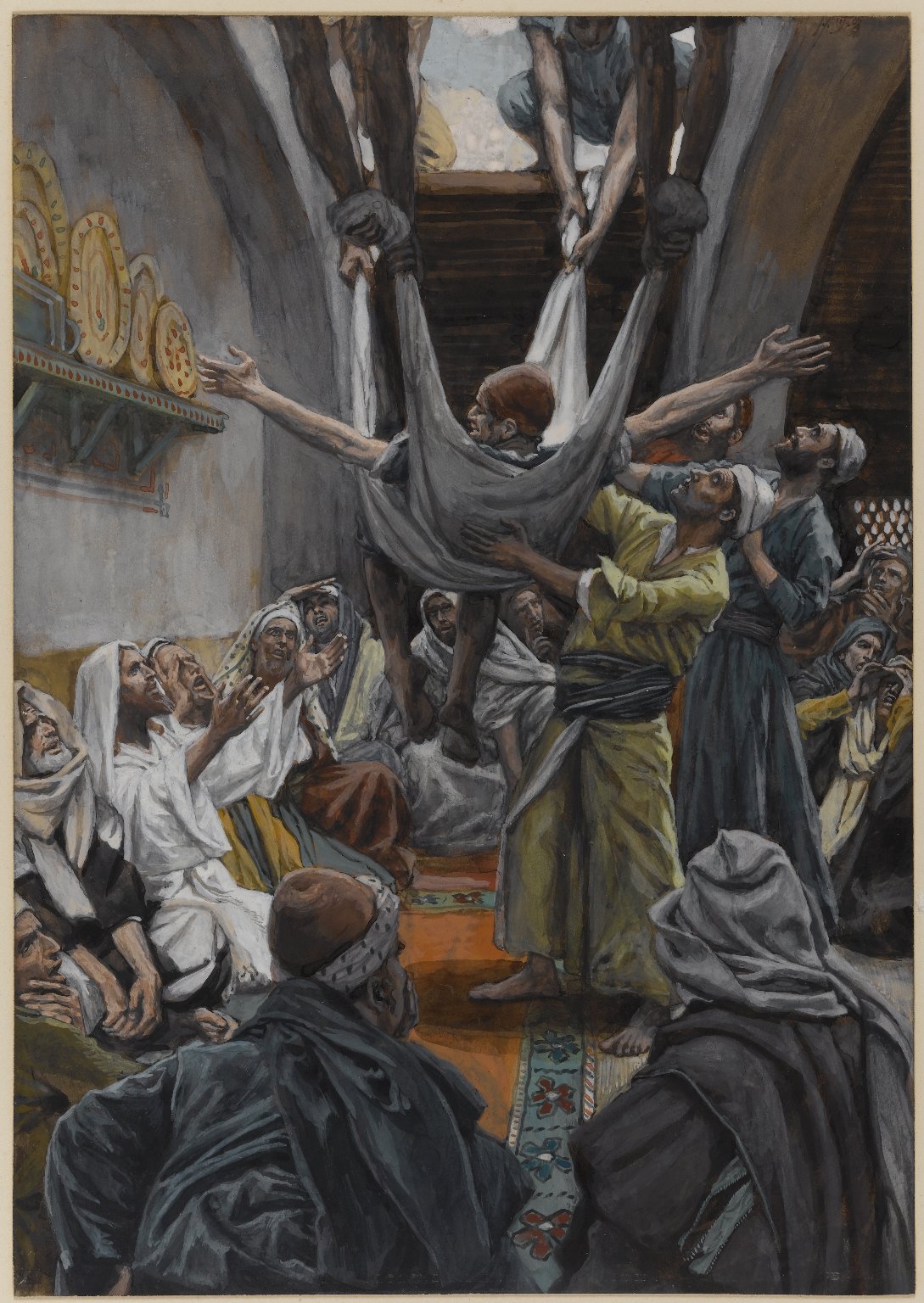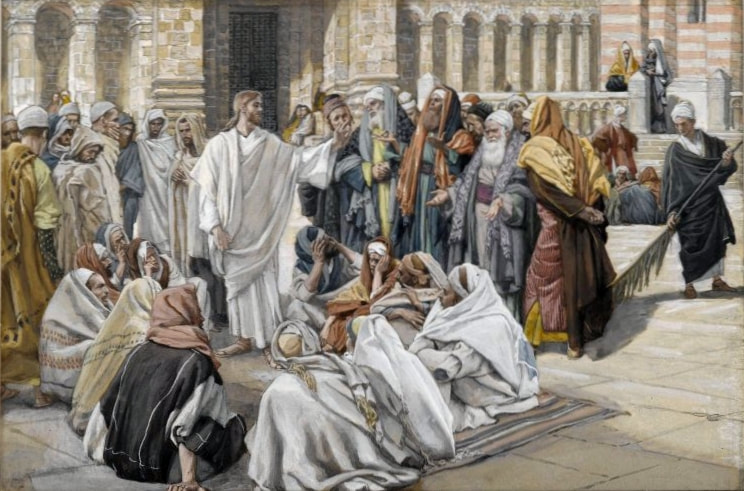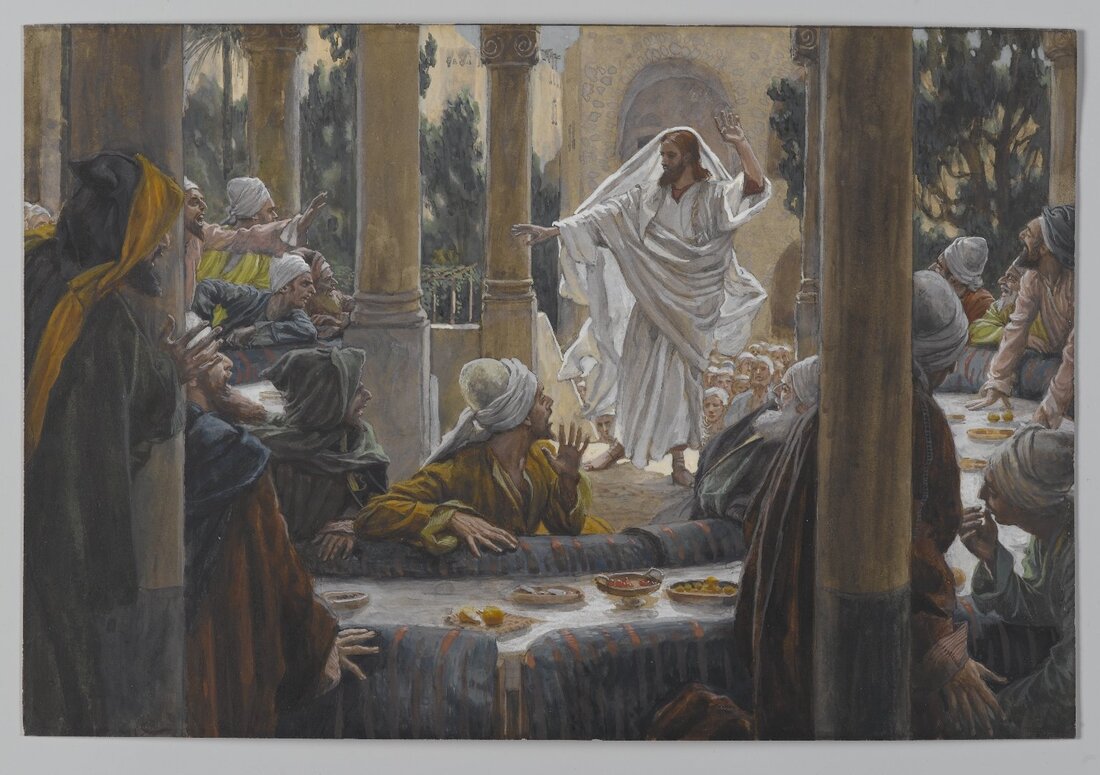John 8:31-36
October 25, 2020
“Truly, truly, I say to you, everyone who commits sin is a slave of sin. The slave does not remain in the house forever; the son remains forever. So if the Son sets you free, you will be free indeed.” John 8:34-36
Reformation Day commemorates October 31st, 1517, the day when Martin Luther nailed his 95 Theses to the church door in Wittenberg, Germany to question the practice of selling indulgences, which were treated as a kind of ticket to heaven. Of course, that was only the beginning of the Lutheran Reformation. Martin Luther, as well as his evangelical colleagues continued to produce important writings, which more clearly articulated the Christian faith as it is taught in Holy Scripture. Five hundred years ago in 1520, Martin Luther wrote such a devotional titled, “The Freedom of the Christian”, which clearly articulated the Gospel of the free forgiveness of sins and salvation won by Christ and given to all who believe. Luther sent this devotional to Pope Leo X along with a personal letter, with hopes of calming the tension between the papal see and Luther as many were calling for Luther’s excommunication. Luther treated the pope kindly and wrote to him as a pastor would write to a Christian under duress from the devil and false friends. The thesis statement of Luther’s The Freedom of the Christian was this:
A Christian is a perfectly free lord of all, subject to none.
A Christian is a perfectly dutiful servant of all, subject to all.
These two sentences at first sight seem to absolutely contradict each other. Yet, Luther quickly points out the words of St. Paul from 1 Corinthians 9, which state, “For though I am free from all men, I have made myself a slave of all” and from Romans 13, “Owe no one anything, except to love one another.” He also brings up the fact that Christ Jesus, the Lord of all, was “born of a woman, born under the law” (Galatians 4:4) and although he was “in the form of God” he came in the form “of a servant.” (Philippians 2:6-7). So, Luther’s two statements are certainly biblical and true. But they certainly need some explanation. So, let us first examine Luther’s first statement:
A Christian is a perfectly free lord of all, subject to none.
This statement is made absolutely true by the Gospel of Jesus Christ. As we heard in our Gospel lesson, “If the Son sets you free, you are free indeed.” Jesus Christ sets you free from the bonds of sin. If Jesus has set you free, nothing can enslave you! If nothing can enslave you, then you are a lord of all. Your sins cannot condemn you. Satan cannot harm you. Death is a defeated foe. And since this freedom comes as a free gift from Jesus to be received through faith and not by your works, there can be no work demanded of the Christian.
Jesus says that if you abide in his word, you are truly his disciple and you will know the truth and the truth will set you free. God’s word is our most precious treasure on this earth. Food, drink, clothing, house, car, and so forth, these things cannot benefit our soul in any way. As Scripture says, “Man shall not live by bread alone, but by every word that comes from the mouth of God.” Only the word of God can grant us salvation, because our faith can only grasp God’s word and promise. And Luther points out in his treatise that it is the Gospel which is that word of God, which promises salvation, as Romans 1 states, “For I am not ashamed of the Gospel of Christ, for it is the power of God to salvation to all who believe.” And so, it is faith in Christ’s promise of forgiveness and salvation that sets you free, not your works.
Luther goes on to say that faith is the greatest honor you can give God. To have faith in the forgiveness of sins is to believe that God is true, that his promises are trustworthy, that Jesus is the Son of God and the Redeemer of the world. Yet, to disbelieve is to dishonor God, to call him a liar. So, Luther calls faith the greatest honor and glory a person can give to God.
Finally, concerning faith, Luther compares faith to a wedding ring. Through faith we are joined in a holy marriage with Christ. He is the Bridegroom, we the Church are his holy bride. The wedding band symbolizes that all that belongs to the bridegroom is the bride’s and all that belongs to the bride is the bridegroom’s.
This means that our sins belong to Christ. He took ownership of them as certainly as he has claimed us as his bride. And he washed them away in his blood. They are forgiven and forgotten forever. Our debt is paid. This also means that all that belongs to Christ belongs to us. So, if Christ is the exalted Lord of all, under whose feet God the Father has placed all dominion, then we also are exalted lords of all. We share with Christ in his victory, as Scripture indeed proclaims in Ephesians 2 where it says God “raised us up with him and seated us with him in the heavenly places in Christ Jesus.” And again in 1 Corinthians 15, “Thanks be to God who has given us the victory through our Lord, Jesus Christ.”
Through faith Christ’s righteousness covers us. Through faith we honor God our Savior. Through faith our souls are joined to Christ Jesus in a holy union whereby all Christ possesses is given to us. Through faith in Jesus Christ, we are perfectly free lords of all, subject to none.
Here, Luther addresses the question that Pope Leo certainly wants explained. If faith alone makes one righteous without works, then why do any good works at all? Luther answers this by pointing out that we still live in our sinful bodies. Our new man, that is our reborn self, who is joined to Christ through faith, certainly desires only good, to love and honor God and do good to everyone. But the old Adam, that is, our old self born in sin, desires only to satisfy its own desires, to follow after lusts, and in short, to do the bidding of the devil. St. Paul sums this up in Romans 7 when he says, “For I delight in the law of God in my inmost self, but I see in my members another law at war with the law of my mind and making me captive to the law of sin.” And so, in order to keep oneself from becoming captive to sin and losing one’s faith in the Gospel, a Christian must constantly drown the old Adam through repentance and discipline himself with good works. This is what Scripture also says, “But I discipline my body and subdue it, lest after preaching to others I myself should be disqualified” 1 Corinthians 9) and “And those who belong to Christ Jesus have crucified the flesh with its passions and desires.” (Galatians 5)
Here Luther argues his second point:
A Christian is a perfectly dutiful servant of all, subject to all.
Christians must do good works. Idol fingers are the devil’s playground. Christians should be busy helping others, serving their neighbor, and considering others more significant than themselves. Luther makes clear that this is not in order to be justified by God. You are already justified through faith in Christ apart from your works. Luther compares one who after faith seeks to be justified by his works to a dog, which has a piece of meat in its mouth, but looking at its reflection in the water thinks it sees another dog with meat. So, in an attempt to get that piece of meat as well, it opens its mouth and drops the meat into the water and ends up with nothing. And, so it is with a Christian who tries to justify himself by his works instead of through faith in Jesus Christ. He loses his righteousness through faith while striving after righteousness through works.
Luther uses Jesus’ own words to explain this. “Either make the tree good, and its fruit good, or make the tree bad, and its fruit bad.” (Matthew 12) It is a good tree that bears good fruit, not a good fruit that bears a good tree. When God put Adam in the garden, he had already made him good. Yet, he commanded him to work the garden. His work did not make him good. His work was good, because he was already good. It is faith in Christ that makes our works good. Through faith our inner self becomes alive and desires to do what is right. And through faith, God does not look at our sins, but counts our works as beautiful in his sight. None of this means that our works justify us, but rather that our faith produces good fruits.
Martin Luther pointed out to the Pope that both Christ and John the Baptist told people to repent as well as believe in the Gospel. They first preached the Law of God, that is, God’s commandments so that sinners would come to a knowledge of their sin and repent. Then they preached the Gospel, that is, the promises of God, which offers forgiveness of sins and salvation to all who believe. This, Luther says, describes the work of faithful preachers today. All must preach repentance and then salvation by grace, otherwise, the preaching of good works will be in vain.
Now, why should you as a Christian consider yourself a servant to all? Simple, this is Christ’s example to you. Luther cites Philippians 2, “Have this mind among yourselves, which you have in Christ Jesus, who, though he was in the form of God, did not count equality with God a thing to be grasped, but emptied himself, taking the form of a servant, being born in the likeness of men. And being found in human form he humbled himself and became obedient unto death.” So, a Christian through faith in Christ is Lord of all, yet, like Christ serves all. The life you live, you live not to yourself, but to Christ. It is no longer you who live, but Christ who lives in you. As Christ did not see equality with God a thing to be grasped, because he already was in the form of God, so we do not seek to grasp God’s majesty, but follow in our Savior’s footsteps and serve others.
This means that we should be subject to the governing authorities and should pray for them. Children should honor and obey their parents. Christians should submit to the authorities in their lives, both physical and spiritual. Christians should help those in need, speak out for the defenseless, and consider others more significant themselves.
Luther concludes, “a Christian lives not to himself, but in Christ and in his neighbor. Otherwise he is not a Christian. He lives in Christ through faith, in his neighbor through love. By faith he is caught up beyond himself into God. By love he descends beneath himself into his neighbor.” This is what led Luther to humbly write to Pope Leo X, to call him his father, and to ask for an intervention on his behalf. He humbled himself to every human institution out of love. Yet, in that same year 1520, when Pope Leo ordered all the writings of Martin Luther to be burned and threatened Luther with excommunication, Luther in response on December 10, 1520 burned the pope’s books and the writings of those who claimed the Pope had authority over the whole church. Luther chose rather to abide in the words of Christ, which set him free, than be a slave to a man, who condemned the righteous. The Pope’s order to burn books that confessed the Gospel had no authority over a Christian whatsoever.
And so, it is for us today. We Lutherans are free, because Christ has set us free through the Gospel. Yet, we ought to out of love for our neighbor follow in Christ’s footsteps and serve everyone in humility. Yet, we must never forget that Christ has set us free. When persecution comes, and it will and has; when our faith is under attack; when the devil comes with his lies, we must remember that we are free lords. We have the truth. So, let us abide in the words of Christ, knowing that through faith we are free from sin, death and hell. And let us serve our neighbor in love after the likeness of Christ while never forfeiting God’s Word. Amen.




 RSS Feed
RSS Feed